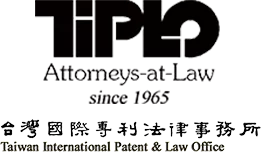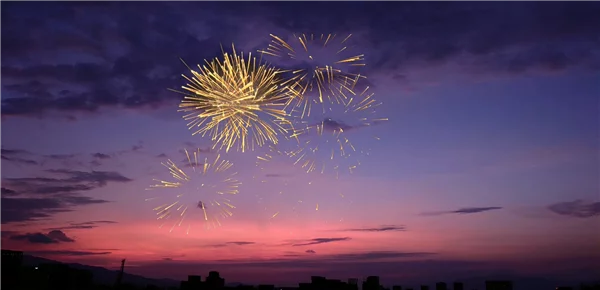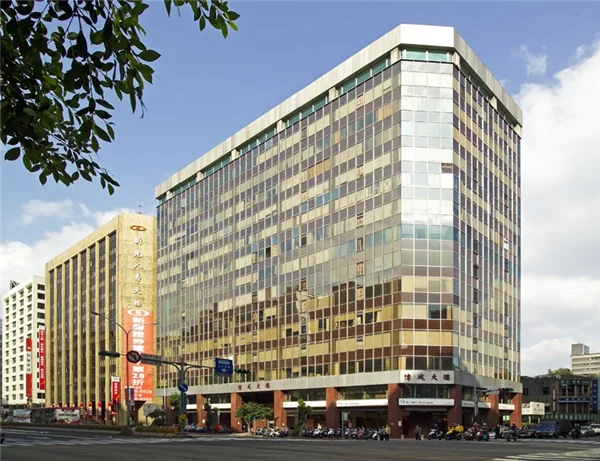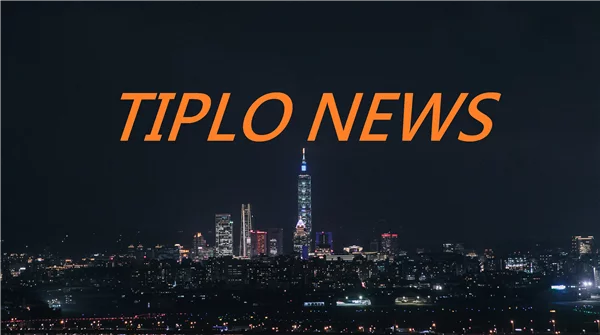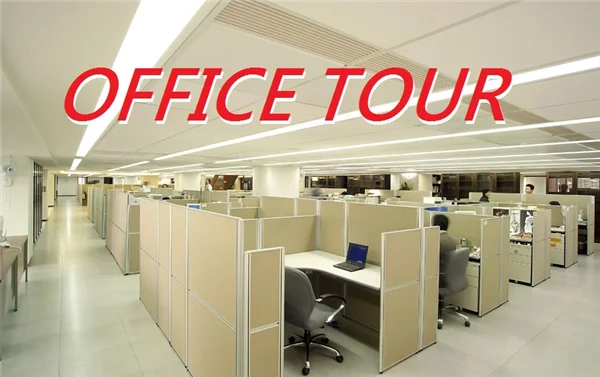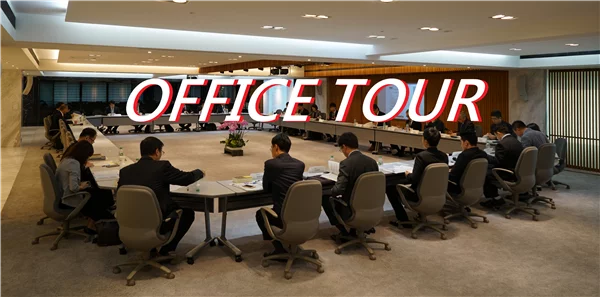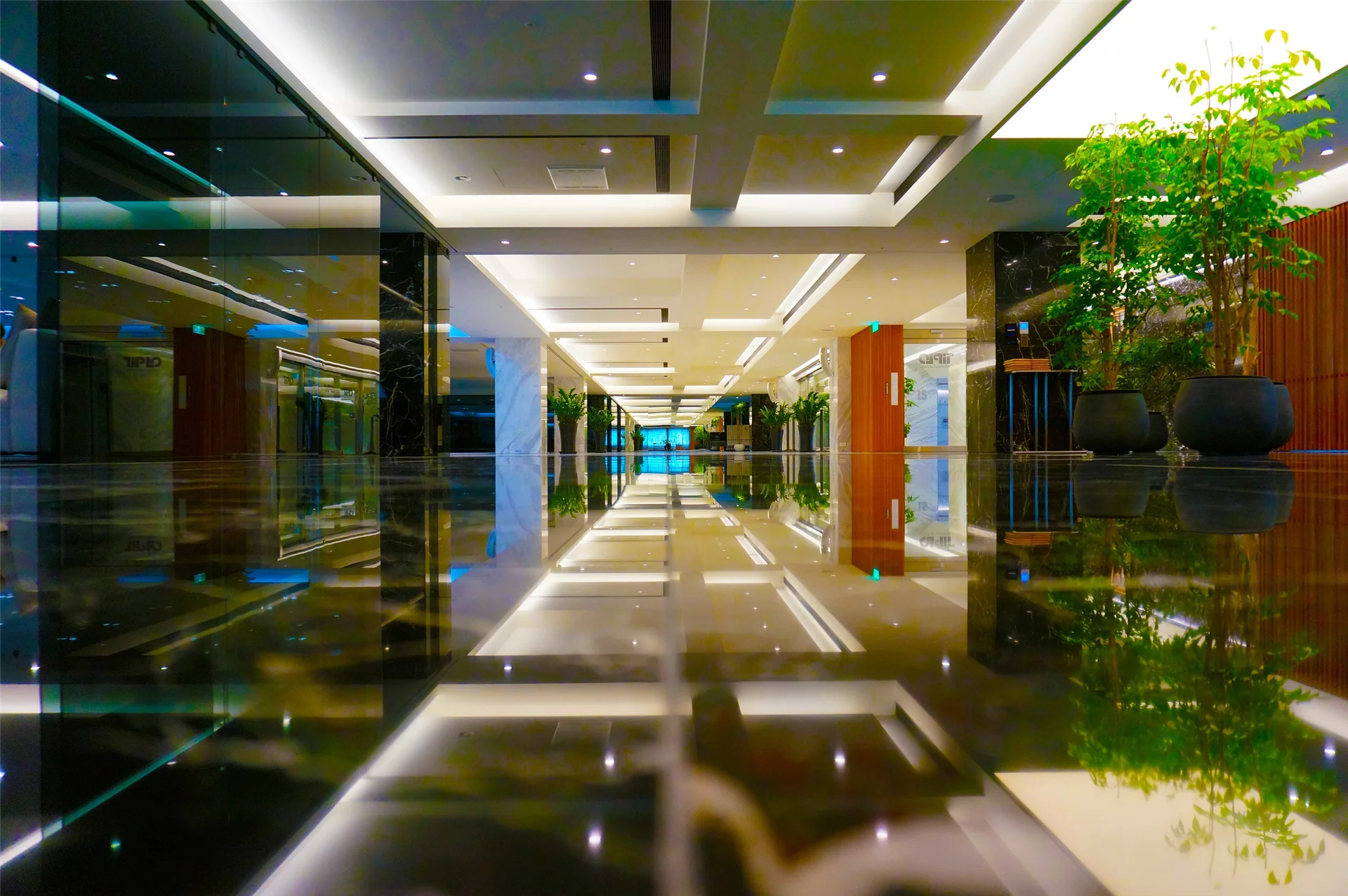Inauguration of the IP Prosecutors Office in Line with the Opening of IP Court
E080701Y6・E080630Y6 Jul. 2008(E104)
Taiwan’s first ever Intellectual Property Court (IP Court) was officially inaugurated in Panchiao City, Taipei County on July 1, 2008. The IP Court will specifically hear IP-related civil, criminal, and administrative litigations as the trial and appellate court with a view to speedy specialized trial and adjudication of IP-related cases. One of the purposes of the IP Court is to seek coherence of decision and to shorten the lengthy trial process of cases involving IPRs, the problem which arises from concurrent but separate proceedings on the civil, criminal, and administrative aspects of the case. With the IP Court staffed by judges with special knowledge and training with the arm of technical examiners, IP-related cases involving technical issues will be appropriately adjudicated.
Under the new legal system, the Taiwan High Prosecutors Office also establishes the Intellectual Property Prosecutors Office (IP Prosecutors Office) thereunder on July 1, 2008. The IP Prosecutors Office will operate on the principles of prospects, internationalization, and technology orientation to take full charge of the criminal cases involving IPRs and to strengthen international cooperation and experience exchange. The IP Prosecutors Office will be initially staffed with 4 prosecutors and 4 court clerks to carry out the functions of appearing at court hearings on behalf of the prosecution, receiving service of judgments, and determining whether to appeal the judgment received. The IP Prosecutors Office will also be responsible for receiving appeals or interlocutory appeal taken from the judgment entered or ruling issued by the trial court as well as motions for reconsideration of IP cases from all district prosecutors offices. The IP Prosecutors Office will also take charge of coordinating the relevant agencies to deal with IP infringement matters.
The following matters should be submitted to the IP Prosecutors Office: forging/counterfeiting a registered trademark or firm name, selling, displaying, and importing counterfeits bearing a forged/counterfeited mark or firm name, disclosing commercial or industrial secrets one knows or possesses because of his/her position, and infringing another’s IP rights protected under the Trademark Act, Copyright Act, and Fair Trade Act.
The IP Court shall have jurisdiction over civil cases in the first and second instances relating to disputes over IP rights under the Patent Act, Trademark Act, Copyright Act, Optical Disk Act, Trade Secrets Act, Regulations Governing the Protection of Integrated Circuits Configuration, Species of Plants and Seedling Act, or Fair Trade Act.
Appeals or interlocutory appeal taken from the judgment entered or ruling issued by the trial court in ordinary, summary or settlement proceedings on criminal cases involving offenses under Article 253~Article 255, Article 317, Article 318 of the Criminal Code, as well as violation of Trademark Act, Copyright Act, Paragraph 1 of Article 35 (pertaining to Paragraph 1, Article 20) and Article 36 (pertaining to of Paragraph 5, Article 19) of the Fair Trade Act shall fall within the jurisdiction of the IP Court.
The following matters in an administrative action shall be handled by the IP Court: administrative action in the first instance and enforcement matters concerning IP rights under the Patent Act, Trademark Act, Copyright Act, Optical Disk Act, Regulations Governing the Protection of Integrated Circuits Configuration, Species of Plants and Seedling Act, or Fair Trade Act.
Additionally, the IP Court accepts and hears new IP cases only, and other IP-related cases previously lodged with and in process at district courts will be finalized thereby, but not transferred to the IP Court. The judges at district courts shall decide on whether or not to refer new IP related cases to the IP Court.
The IP Court is initially staffed with eight judges and nine technical examiners to accept and handle around 3,000 cases per year, which is a heavy caseload as opposed to a comparatively small counterpart of “German Federal Patent Court” which consists of 61 judges and 57 technically qualified judges to hear 3,000 cases a year, and also “Japan Intellectual Property High Court” which has 15 judges and 11 investigative officers to examine 550 to 600 cases per year. (2008.6)
/CCS

